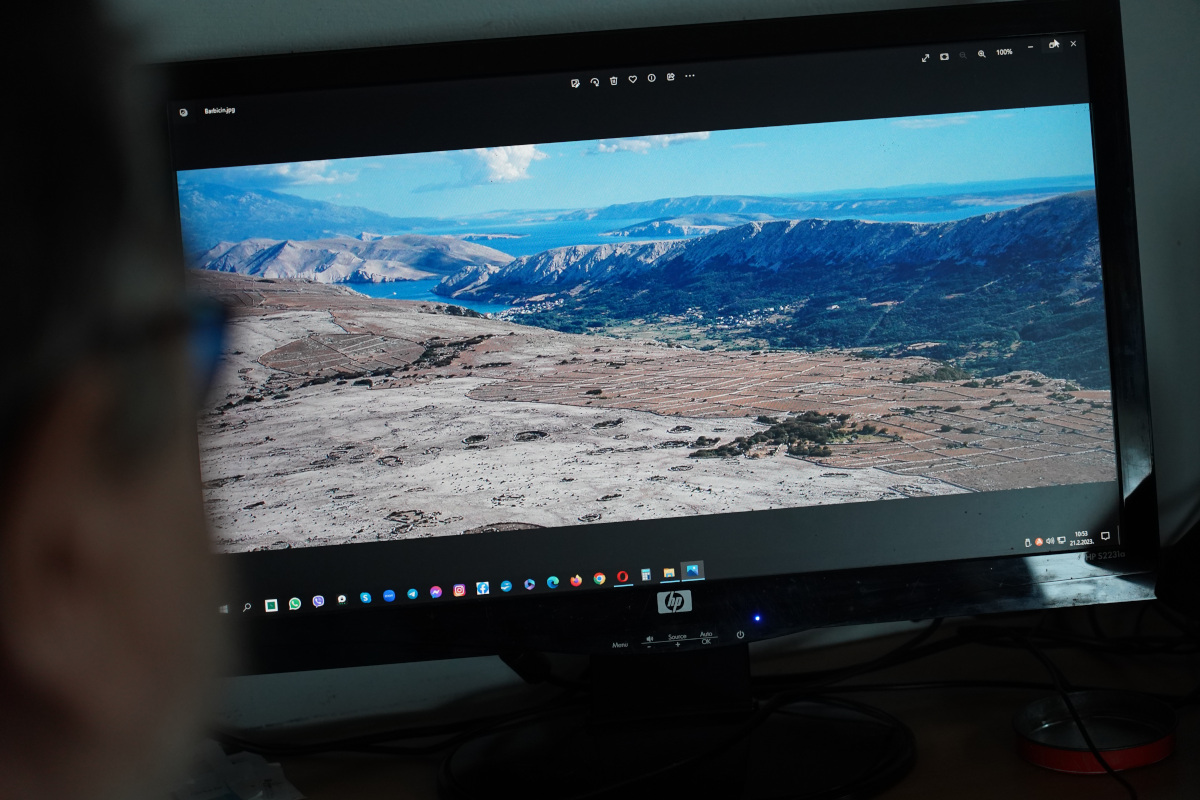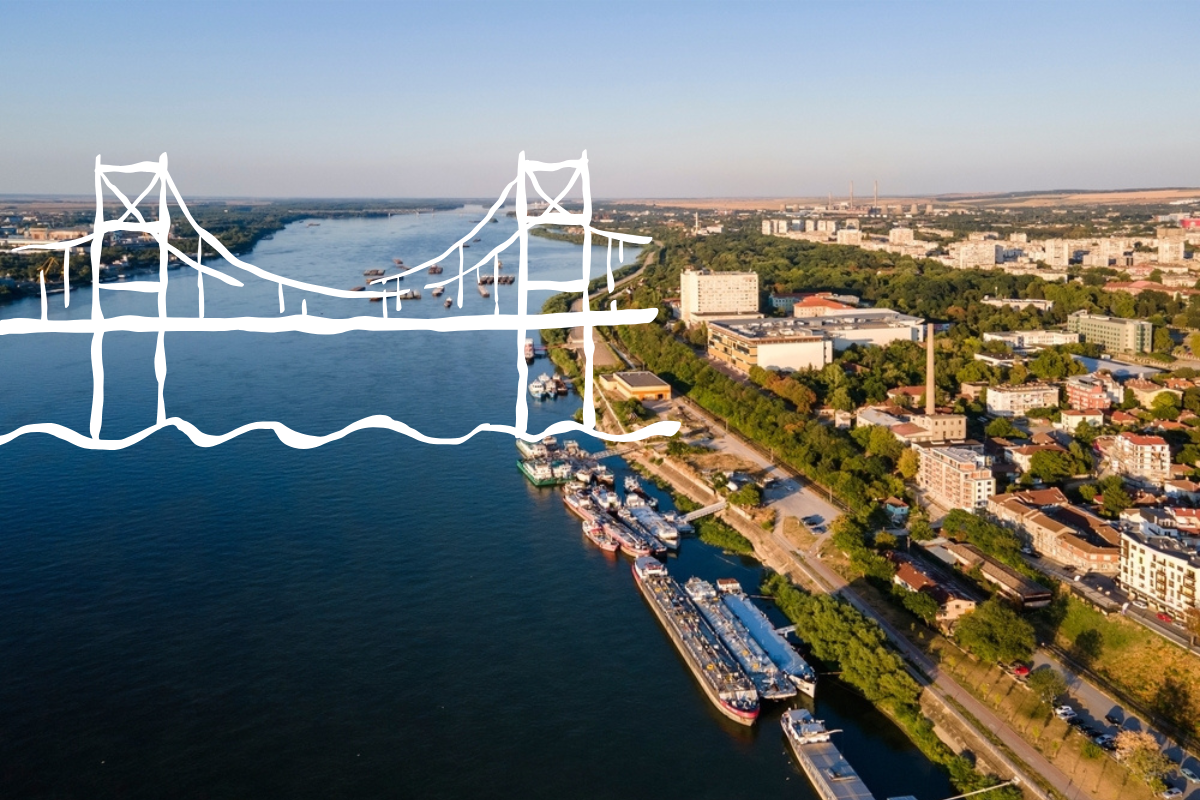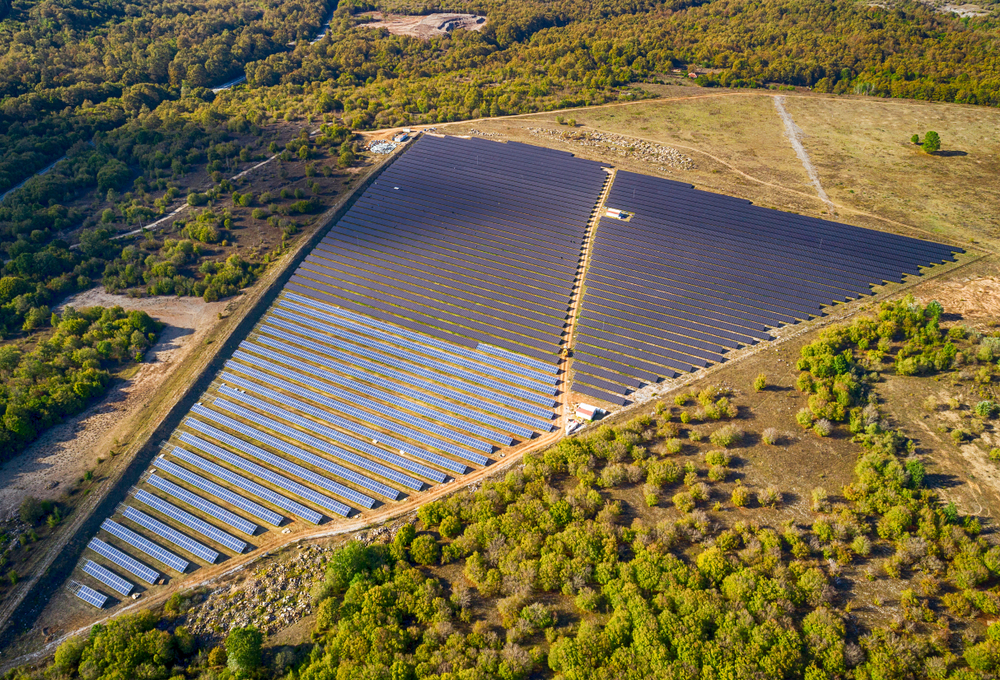Vacanzieri serbi in Croazia: troppo presto o troppo tardi
Alla luce delle recenti dichiarazioni dei ministri dei due paesi circa le ridefinizioni del regime dei visti, il nostro corrispondente dalla Serbia traccia un quadro delle possibilità effettive di turismo serbo in Croazia per l’estate in corso.
Since summer is approaching again this year, the topic of vacation is again becoming dominant in Serbia. The usual discussion on "who will go where and for how much money" where to go and how much to spend is followed by comments on the latest football results at the World Cup, naturally, mostly among the male population. On Saturday 8 June when Croatia beat Italy 2:1 these two issues overlapped.
The result irrespective, the usual Serbian antagonistic attitude towards Croatia could barely be heard in the street. Quite the contrary, public broadcasts in overcrowded local cafes actually saw many bolstering Croatia. Many remained fairly neutral, interested in football rather than in post-war prejudices against Croatia. The only curses were those of who bet in favor of Italians and lost their money.
One might say that this is just football, but until very recently any sport event involving Croatia would have caused a storm of outrage. This is why this small example might have broader consequences.
Only last year, Serbian vacations in Croatia were virtually impossible. No wonder. The two nations, factually very similar, of common origin, with almost identical language, geographically adjacent and approximately identical in numbers, have ranged from brotherhood to utter hatred and vice-versa for centuries. The two former authoritarian regimes, of President Tudjman and President Milosevic, did their best to bolster hostility among their commons and even now, after partial awakening on both sides, it is hard to becalm the ghosts of the past. After all, the war partly dilapidated Croatia while refugees. The percentage of Serbs in Croatia dropped from over 12% to 4.05 % in ten years (source: B92 Radio ), and this was by no means a natural process. Thus the common idea in Serbia, at least until recently, was that it would be hypocritical to spend one’s holiday in the country from which one’s compatriots had been forcefully expelled. The Croat view, on the other hand, was generally similar – ‘if they are not coming, why should we care’.
These issues become more complex when one looks deeper into the problem. Although there are left and right wingers everywhere, some areas in both of the countries can be more or less tolerant and this is an important issue when visits and vacations are considered. For instance, in the multinational Vojvodina, i.e. northern Serbia, there have been Croatian license plates for years now, whereas in Nis and Belgrade they are still relatively rare. I wouldn’t advise anyone to drive cars registered in Croatia around areas in the ‘heart-of-Serbia’, such as some towns in the central and western parts of the country. Likewise, Serbs in Zagreb or in the Istrian peninsula would hardly be noticed at all, whereas Serbian plates in the Dalmatian area would probably result in a ruined car (and perhaps battered driver). Much depends on the local situation and perhaps even on the single individuals. Generally, however people are still cautious on both sides.
This year, the process of reconciliation seems to have stepped up. Unfortunately, the issue of Serbian refugees and their return to Croatia is still a major problem and it can only be solved step by step. At least there seems to be some good will proclaimed on both sides. In the meantime, the new governments realized that the two countries paid the consequences of the lack of closer economical ties between these two relatively compatible countries. Therefore the issue of less tight visa regime has been recently reiterated. Serbia has already gone one step in the right direction: as of this summer (the decree is already active) Croatian citizens will be allowed to enter Serbia without a visa, but with a tourist card they can get at border crossings for about EUR 15 (Fonet, 3 June 2002). The Croatian Government is a bit more wary, however. Two weeks ago, during a Summit in Slovenia, Yugoslav and Croatian Presidents Kostunica and Mesic had another meeting. Official speeches were given, photographs were taken, wishes for the continuation of the process of reconciliation were expressed, but no real progress on visa liberalization was made. Pero Jurisin – a Croatian journalist based in Split – said that the meeting aroused little interest in the Croatian media, maybe because it took place in a politically sensitive moment – when the number of Serbs currently living in Croatia was officially announced (4.05%). This opened the way to further debate on the status of Serbs and on the return of refugees and resulted in some "problematic" (in Jurisin’s own words) statements by Croatian PM Racan and Foreign Minister Picula. (an interview to B92 Radio by the Journalist of Split STINA agency Pero Jurisin)
Vacationwise, the Croatian media are said not to mention the issue of Serbs at all. Jurisin believes this will make the situation chaotic: some will not want to see any Serbs around, some will remain silent, whereas some will only consider the economic benefit. The conclusion by this journalist was that tourist visits organized on a large-scale are not likely (nor advisable) as early as this year. However, individual and family-arranged stays (lesser last year, for that matter) are perfectly all right, and should not cause any trouble. This view was probably shared by the Croatian Government, as it finally gave a green light to the process of visa regime liberalisation with the Federal Republic of Yugoslavia last week. Although, during the Summit in Slovenia, President Mesic said "Croatia would do the same as Yugoslavia, only perhaps not on the same date", (B92 Radio, 7 June 2002) the Croatian stand is still a bit firmer. Instructions have been given to the Embassy to accelerate the visa-issuing process, but regular visas for Yugoslav citizens will still be required. For instance, those Yugoslav businessmen who often travel to Croatia can be given visas with no time limit with an unlimited number of entries. However, visas will still be required, and for how long – Croatian officials do not know. Slavko Linic – Croatian Deputy Prime Minister – said that the cancellation of visas can already be expected for next year, however Foreign Minister Tonino Picula is not so sure. He said it depends on the ‘stabilization of the situation in Serbia proper’ (a probable reference to Kosovo and south Serbia, read as a slender of Serbia in many comments around here) since "one could not plan stable links with instable neighbours’ (this outraged Serbs even more, and was read as a typical example of Croatian hypocrisy). As for group visas, they are still disallowed. The official stand of the Croatian Government is that those visas would ‘ruin the tourist season’ for there would ‘undoubtedly be conflicts or even fights between Serbs and Croats’ (B92 Radio, 7 June 2002). These, they say, would be reported in the world’s media, and this would consequently reduce the numbers of Western visitors to the Croatian coastline – and they are far more important to Croat hoteliers and businessmen than any Serbs.
And Serbs? In general, they do not consider going to Croatia at all. If the author’s numerous friends and acquaintances could be used as a kind of sample, the options this year are – Montenegro, Greece, Turkey, and for poorer ones Bulgaria. The only people who mention going to Croatia are those who either have family there or who regularly spent their summers there before the war. But such people are a minority, and one might say the percentage is too low to arise any serious discussion. Thus, the visa matter boils down to the problem of refugees and people who would like dual citizenship (of Croatia and FRY). Tourism is then just a consequence of the ‘liberal visa regime’, not its cause.
Finally, there has been some improvement in the relations between Croatia and Serbia, but it is far from a normal friendly neighborhood situation as yet. There will be more Serbs visiting Croatia this year, but the numbers expected are still comparatively small.
See also:
Tag:
I più letti
 Transizione energetica
Transizione energetica








